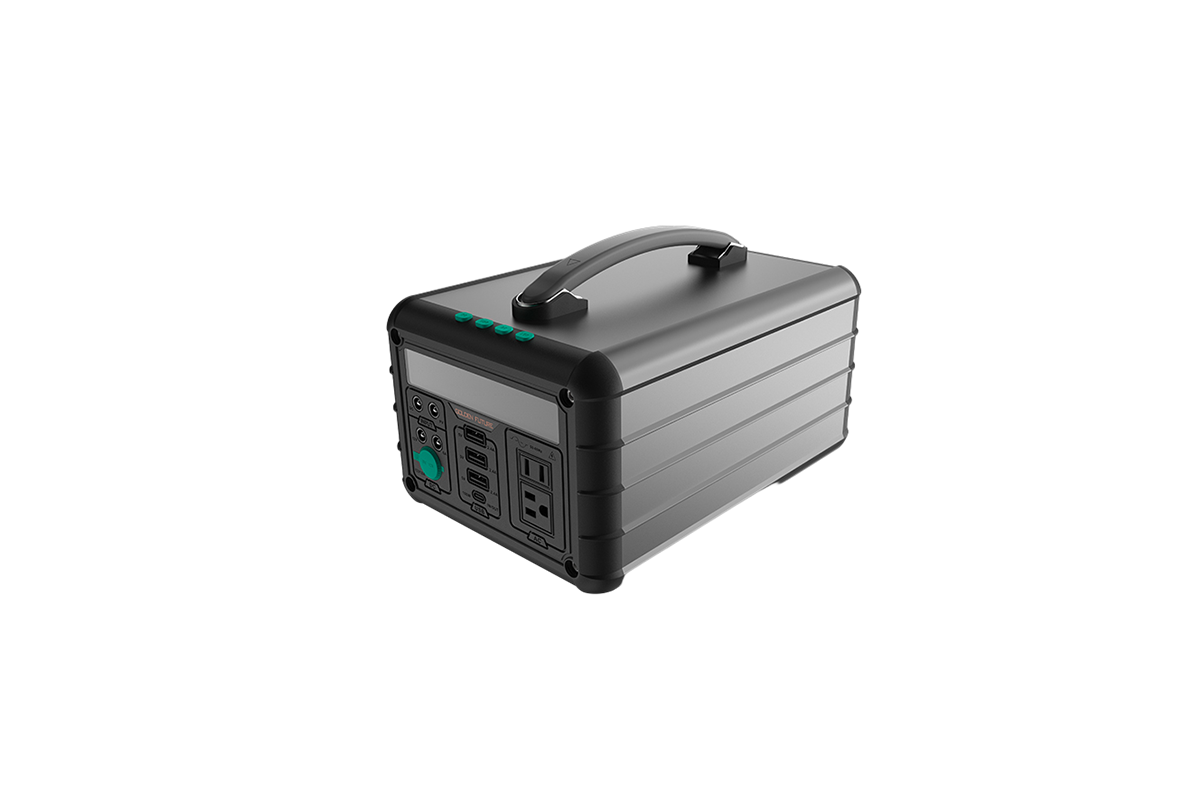

Time:2024-12-26 Views:1

Lithium iron phosphate (LiFePO4) batteries have emerged as a reliable power source for communication base stations. These batteries offer several advantages over traditional battery chemistries. Firstly, they have a long cycle life, which is crucial for base stations that require continuous and stable power supply. The ability to withstand numerous charge and discharge cycles without significant capacity degradation means reduced maintenance and replacement costs.
In terms of safety, LiFePO4 batteries are inherently more stable. They have a lower risk of thermal runaway compared to other lithium-ion battery types, making them suitable for installation in various environments, including those with potentially challenging temperature conditions. The stable chemical structure of the LiFePO4 cathode material contributes to this enhanced safety profile.
The energy density of LiFePO4 batteries, although not as high as some other lithium-ion chemistries, is sufficient for base station applications. They can provide the necessary power to keep the communication equipment operational during power outages or fluctuations. Moreover, the batteries can be charged and discharged at relatively high rates, enabling them to quickly respond to changes in power demand. This is especially important in modern communication networks where the load on base stations can vary depending on factors such as the number of users and the type of data being transmitted. the use of LiFePO4 batteries in communication base stations is a practical and efficient solution for ensuring reliable and uninterrupted communication services.
Read recommendations:
Differences between Polymer Lithium Batteries and Lithium Batteries
Solar Panels 100W better manufacture